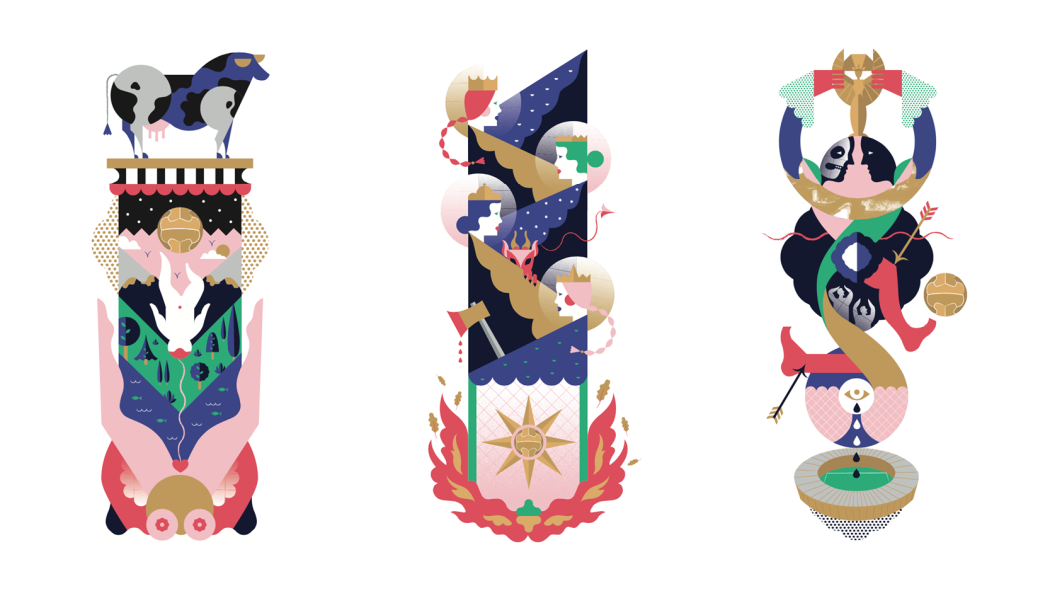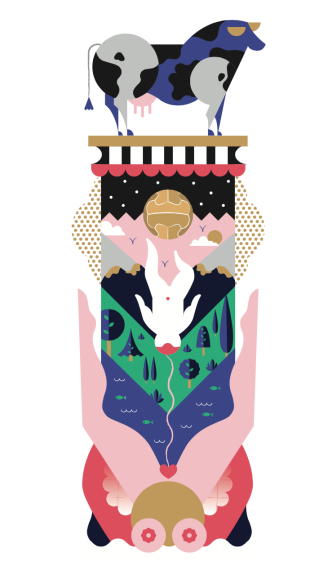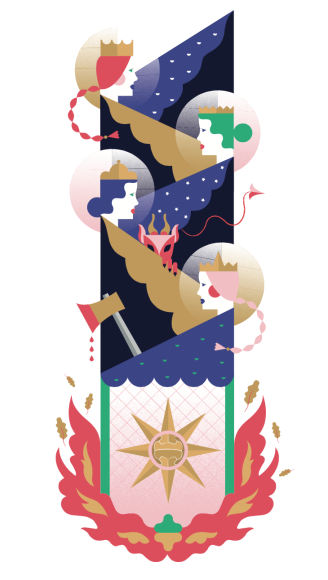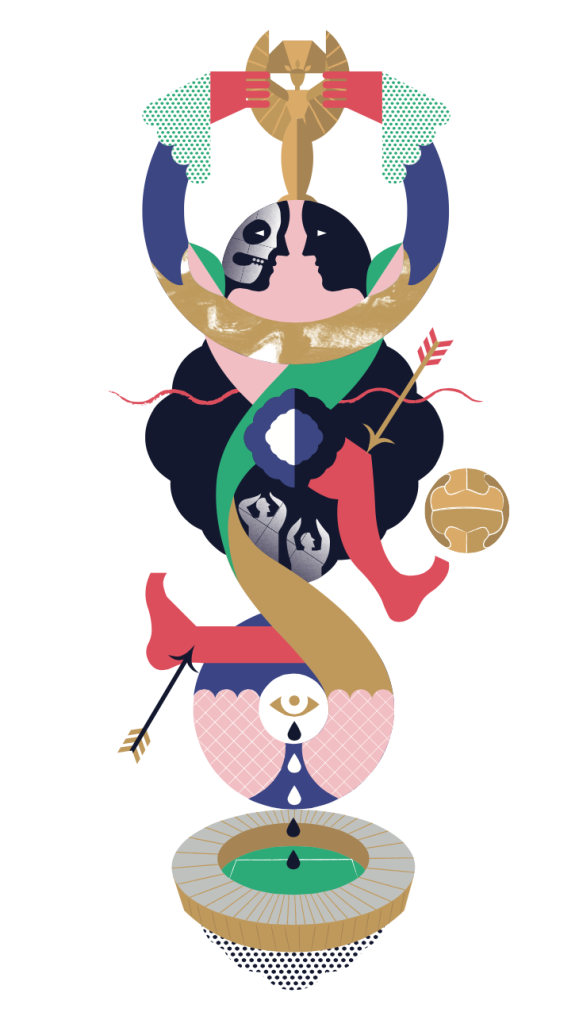Three short pieces by soccer’s poet on the day of his passing

Editor’s note: This morning we learned that Eduardo Galeano has passed away. He was 74 years old. If you have a copy of his masterpiece, Soccer in Sun and Shadow, sitting on your shelf — and you should — I encourage you to pick it up, open it at random, and read a few passages. Like all great poets, he recognized the beauty, the absurdity, and the humanity present in every aspect of life. I’m grateful that he chose to look for those things in soccer. Back in Howler issue 03, we published a couple of short selections from what turned out to be his last book, Children of the Days: A Calendar of Human History. Today we’re reprinting those pieces in remembrance of Eduardo Galeano. — George Quraishi

July 12: Consecration of the Top Scorer

In 1949, Giampero Boniperti was the top scorer of the Italian championship and its brightest star.
According to what people say, he was born backwards, kicking-foot first, and he began his voyage to soccer glory in the crib.
The club Juventus paid him a cow for every goal.
Altri tempi.

July 15: An Exorcism

On this night in 1950, the eve of the World Cup final, Moacir Barbosa slept in the arms of the angels.
He was the most beloved man in all Brazil.
But the following day the finest goalkeeper in the world became a traitor to his country: Barbosa failed to block the Uruguayan goal that snatched the trophy from Brazil’s grasp.
Thirteen years later, when Maracanã Stadium put in new goalposts, Barbosa took the two posts and the crossbar that had humiliated him. He chopped them up with an axe and burned the pieces until they were nothing but ashes.
The exorcism did not save him from damnation.

July 16: My Dear Enemy

White was Brazil’s jersey. But once the 1950 World Cup showed white to be unlucky, it was never white again.
The final match was over, Uruguay was world champion and the fans would not leave. Two hundred thousand Brazilians had turned to stone in Maracanã Stadium.
On the field a number of players still wandered about. The two best crossed paths, Obdulio and Zizinho. They crossed paths. They eyed each other.
They were very different. Obdulio, the victor, was made of steel. Zizinho, the vanquished, was made of music. But they were also very much alike: both had played nearly the entire championship injured, an inflamed ankle in one case, a swollen knee in the other, and not a complaint was heard from either.
Now, at the end of the match, they didn’t know if they should give each other a slug or a hug.
Years later, I asked Obdulio, “Do you ever see Zizinho?”
“Sure. Once in a while,” he said. “We close our eyes and we see each other.”

Eduardo Galeano was born in Montevideo, Uruguay, in 1940. He is the author of many books, including Soccer in Sun and Shadow. Eirian Chapman is an artist who lives in Australia.
